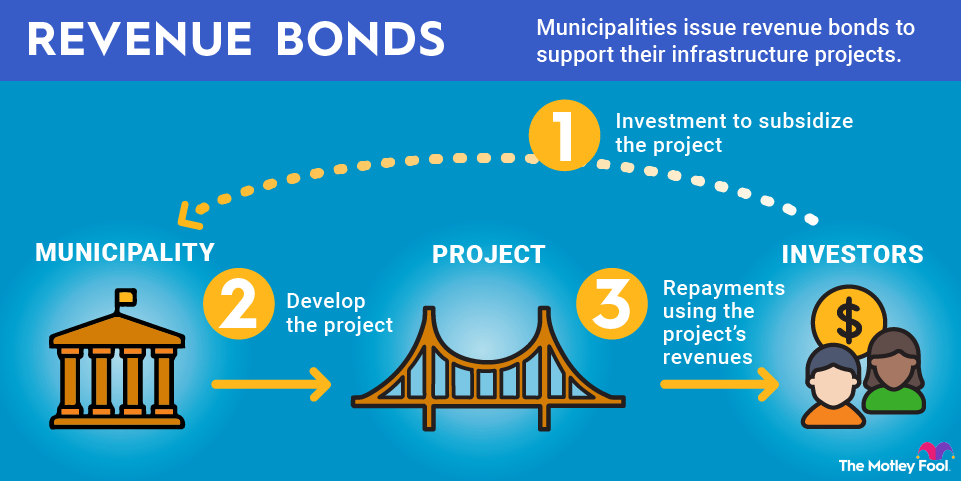Real estate investment trusts (REITs) have become popular in recent years because these investment vehicles make real estate accessible and potentially profitable for individual investors. Publicly traded REITs offer greater liquidity compared to direct real estate investments, because shares can be bought and sold on major stock exchanges.
Investing in REITs provides diverse exposure to the real estate market, helping retail investors expand a portfolio that may otherwise be primarily composed of stocks and bonds. Real estate returns also tend to have a low correlation with other assets, which can help reduce your overall portfolio volatility in a wide range of market conditions.

What is a REIT?
A REIT is a company that owns, operates, or finances income-producing real estate. REITs allow individuals to invest in real estate without directly buying and managing properties themselves. Instead, REITs are managed by real estate professionals who handle the acquisition, management, and maintenance of the properties. This means investors can benefit from having professional investment oversight without the responsibilities of being a landlord.
REITs are structured to avoid paying corporate income tax, provided they distribute a significant portion of their earnings as dividends. Beyond dividends, REIT shares can also appreciate in value if the underlying properties grow in value over time, offering a combination of income and growth potential.
REITs can serve as a hedge against inflation to a certain extent, as rental income and property values may increase in an inflationary environment. In fact, leases often include clauses that allow for rent increases tied to inflation.
How do REITs work?
REITs offer a way to invest in large-scale, income-producing real estate. Think of them like mutual funds, but instead of investing in stocks, they focus on real estate assets. At the core of their structure, REITs work as follows:
- REITs raise money by selling shares to many investors, similar to how companies issue stock.
- The pooled capital is used to purchase or finance a portfolio of income-generating real estate properties. These can include a diverse range of properties like apartment buildings, shopping malls, office spaces, warehouses, data centers, and even timberland.
- REITs primarily generate income through rent collection from tenants or interest earned on mortgages and mortgage-backed securities related to real estate.
- To qualify as a REIT and receive favorable tax treatment, they are legally required to distribute at least 90% of their taxable income to shareholders annually in the form of dividends.
- Shares of publicly traded REITs are bought and sold on major stock exchanges, just like regular stocks, providing investors with liquidity and ease of access.
While many REITs are publicly traded on national securities exchanges and readily bought and sold by investors, there are also public non-traded REITs and private REITs. These types of REITs offer different levels of liquidity and are subject to varying regulations. Publicly-traded REITs are subject to regulations and reporting requirements by the U.S. Securities and Exchange Commission (SEC), offering investors enhanced transparency compared to some other real estate investments.
What are the different types of REITs?
There are several different categories of REITs. Depending on the type of investor you are and the investments you gravitate towards, you might find that one or multiple categories of REITs are best suited to your risk preferences and portfolio objectives.
- Equity REITs: These REITs own and manage properties like office buildings, apartments, shopping centers, hotels, and warehouses. They generate income through rental payments from tenants and potentially from selling properties. Equity REITs are the most common type of REIT.
- Mortgage REITs: This type of REIT invests in mortgages and mortgage-backed securities, earning income from the interest on these investments. A mortgage REIT may invest in residential or commercial mortgages, or both. These REITs are highly sensitive to interest rate changes.
- Hybrid REITs: These REITs combine elements of both equity and mortgage REITs, and may own properties while also investing in mortgages or mortgage-backed securities. By diversifying their investments, hybrid REITs aim to be more resilient in different market conditions.
REITs can also be categorized by the type of property they invest in, including office, residential, retail, industrial, healthcare, lodging/resorts, and many other categories. Some REITs may also invest across multiple property types.
Related investing topics
The bottom line
Investing in REITs can be as straightforward as purchasing shares of stock, making it accessible to a wider range of investors. Unlike direct property ownership, which often requires substantial capital, REITs allow investors to enter the real estate market with even modest amounts of capital.
Publicly traded REITs can be bought and sold on major stock exchanges, offering a higher degree of liquidity compared to owning physical real estate. While selling a physical property can be a time-consuming process, REIT shares can be traded quickly on your chosen brokerage platform.
As with any investment, it is important to do your research, understand what you are buying, and how it fits into your overall long-term investing strategy before you put your hard-earned cash to work.



















